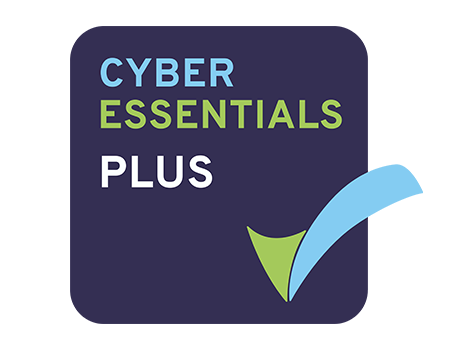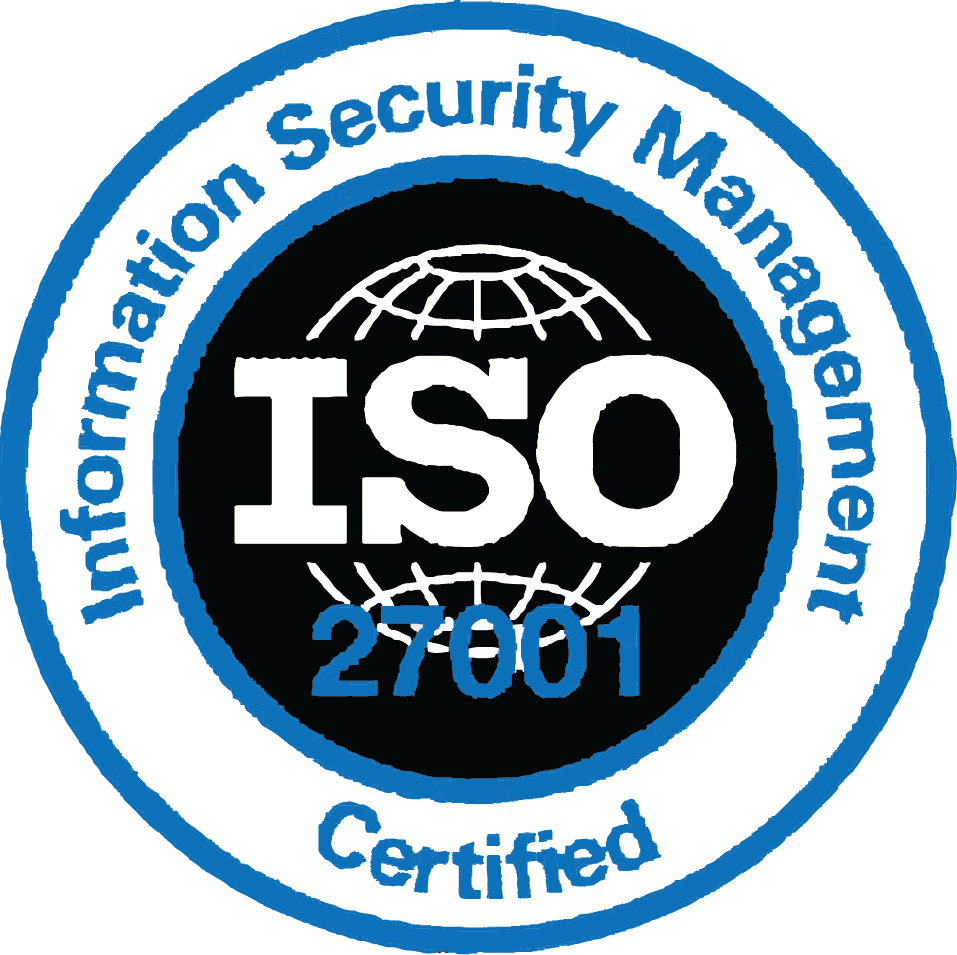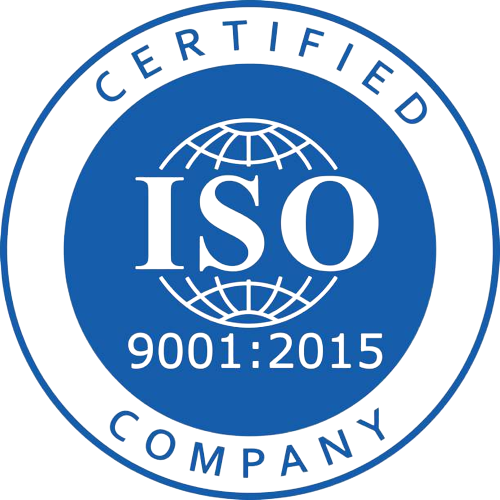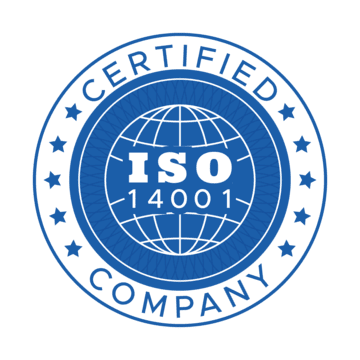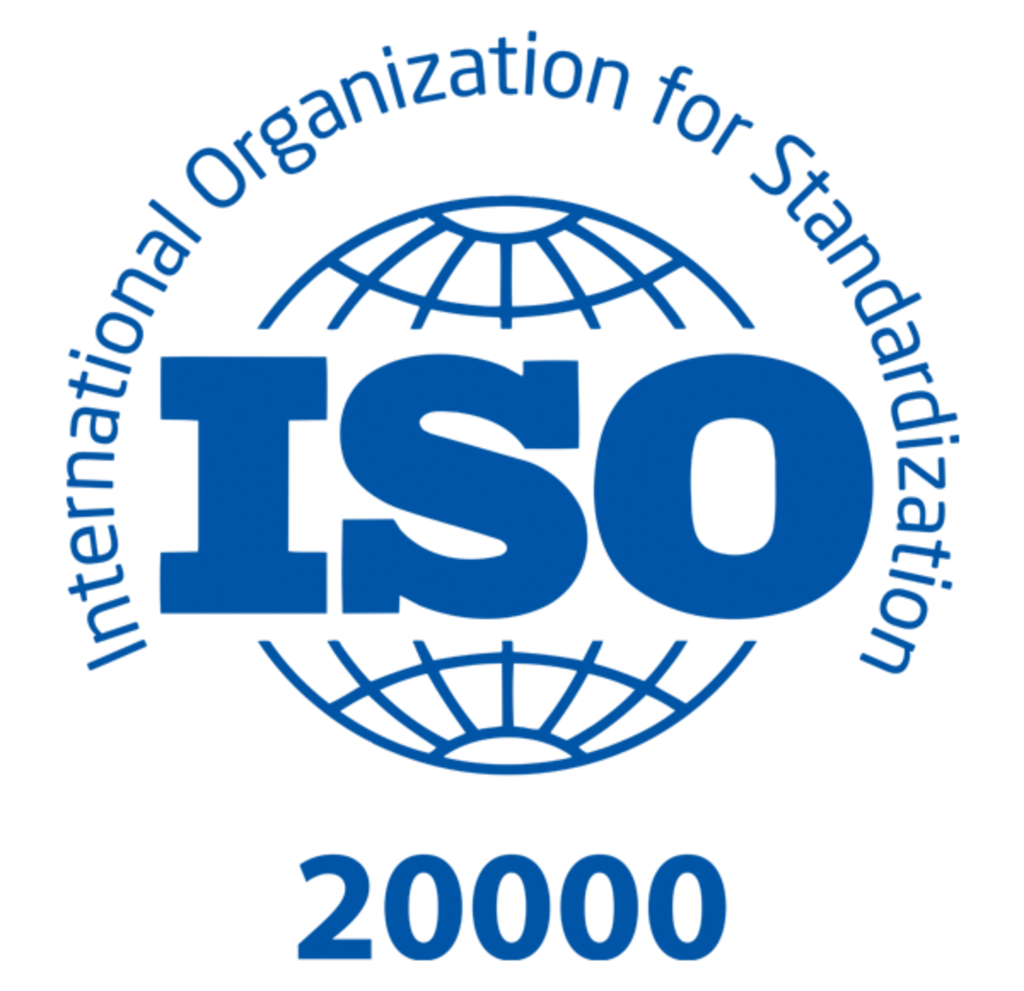With the rising demand for software and quick prototyping, enterprises are witnessing a significant transformation in software development methodologies. Waterfall was the traditional model that was popular back then. But it comes with many shortcomings. Thus, modern & agile development approaches like DevOps, DevSecOps, and SRE have gained traction due to their reliability and effectiveness.
These techniques focus on deploying applications from conception to production. This comprehensive guide on DevOps, DevSecOps, and Site Reliability Engineering (SRE) will give a broader insight into these development methodologies. It will also highlight how DevOps, DevSecOps, and SRE are different from one another. Let’s explore each of them one by one in detail.
What is DevOps?
DevOps is a portmanteau of two words, “development” & “operations.” It is a new development methodology blending IT operations with software development techniques. It focuses on establishing closer collaboration among different people associated with software development. It connects people like developers, IT operations engineers, software testers, and system engineers. The core pillars of DevOps include collaboration, quality and reliability, scalability, automation, and security.
By bridging the gap between these people, an enterprise can enhance the software delivery process from planning to deployment to production. It emphasizes intercommunicating insights & ideas amongst programmers, operations teams, and IT specialists. The complete DevOps runs on the interdependence of software development approaches with IT operations.
What is DevSecOps?
DevSecOps is another trending term that comprises software Development, Security, and Operations. It is a software development approach in which the product integrates security aspects at every development stage. It also uses operations and IT support in parallel, hence the word “Ops.” The complete focus of this software development approach lies in developing, delivering, or deploying a robust and secure tool. For every software development, security plays a significant role at every stage. DevSecOps combines development, security, & operations with Infrastructure as code (IaC) and Continuous Integration and Continuous Delivery (CI/CD) pipeline.
Through DevSecOps, companies can move security checks & tests from the end to the beginning and throughout the development. The DevSecOps involves automating some security postures for smooth DevOps workflow. It also involves the right tools for integrating security continuously. Earlier DevOps ensured frequent software development cycles. But it often comes with outdated security practices. To eliminate this drawback, DevSecOps came into existence. It addresses infrastructure security & code testing as a shared responsibility to merge security with the CI/CD pipeline.
What is Site Reliability Engineer (SRE)?
Site Reliability Engineer (SRE) is a software development methodology that follows a similar approach to a web developer. It is a practice that Google popularized. In SRE, the engineers test the product for reliability. The primary reliability focus lies on the product’s working & whether the product is reliable enough for adding new updates, patches, and features. Companies that perform SRE usually follow code reviews to ensure the system’s reliability. In an SRE model, standardization and automation are the two essential pillars.
These engineers keep on the watch for methods to improve and automate procedural tasks that involve repetition. The SREs also identify weaknesses in a product or system, test the production environment, and fix them. They are responsible for solving reliability issues before any mishap. Hence, the term SRE carries the de facto role in quality assurance for a DevOps approach. It can also align with other test phases of any software development methodology. SRE often runs 100% test coverage for your software infrastructure so that the project runs smoothly.
DevOps vs. DevSecOps vs. Site Reliability Engineer (SRE)
Numerous differences exist between these concepts, as each came into existence to solve a particular purpose. Here is a summary in a tabular structure showing the difference between all these three.
|
DevOps
|
DevSecOps
|
SRE
|
|---|---|---|
|
It focuses on software development in collaboration with the operations team.
|
It focuses on security aspects at every phase of the development. It focuses on system and site reliability.
|
It focuses on system and site reliability.
|
|
It implements security and product tests at the very end of the SDLC.
|
It implements security at every phase of the software development in CI/CD pipeline.
|
It implements security as a part of the development pipeline.
|
|
The prime focus is on team collaboration. It provides a holistic approach and improves communication between different departments/units.
|
The prime focus lies on production & deployment security. It also focuses on load balancing and monitoring.
|
The prime focus lies on the deployment and reliability of the product as a whole. It determines whether everything associated with the operating environment is working fine or not.
|
|
DevOps stands for Development and Operations.
|
DevSecOps stands for Development, Security, and Operations.
|
SRE stands for Site Reliability Engineer.
|
|
The goal is to increase the speed of software development and release.
|
The goal is to increase the robustness and safety of the product.
|
The goal is to increase the reliability and potential of the product.
|
|
Companies, whether large or small, that build agile software and want collaboration prefer DevOps culture.
|
Companies that want to focus on security across various development phases, plus at the server or environment level, through the CI/CD pipeline, prefer DevSecOps culture.
|
Companies that require reliability, scalability, and stable performance of their IT systems for projects prefer SRE.
|
|
DevOps addresses the deployment frequency, lead time, customer ticket volume, change failure rate, etc.
|
It accelerates security solutions and strengthens postures by reducing vulnerabilities, security bugs, and security testing at every phase.
|
SRE pivots more on SLO's, SLI's and SLA's.
|
Conclusion
Modern companies are extensively spending and hiring DevOps, DevSecOps, and SREs to enhance software development processes with more collaboration. Hence, we can say that all these three concepts have a similar origin to provide Continuous Integration and Continuous Delivery (CI/CD). In this cut-throat competitive era, enterprises cannot have room for response delay, potential slowdowns, or latency issues. Therefore, the development, deployment, and updates should be spontaneous and collaborative. But to understand which development model will best suit your needs, enterprise professionals should know their differences, which this article catered to.
Here’s where VE3 can help, with our expertise in DevOps, DevSecOps and more. We empower businesses to achieve faster and more secure software development and deployment, ensuring your competitive edge. To know more explore our innovative digital solutions or contact us directly.













